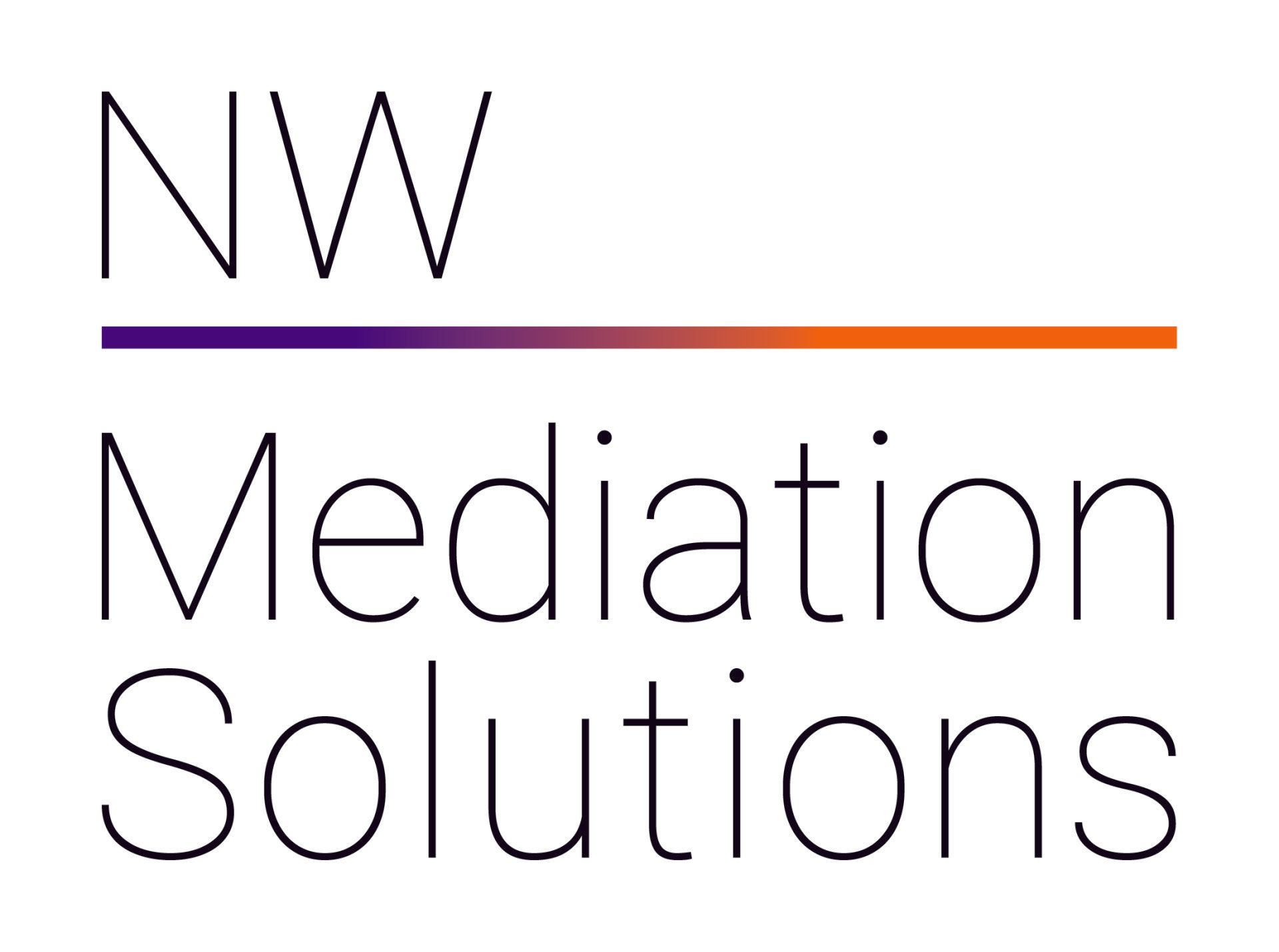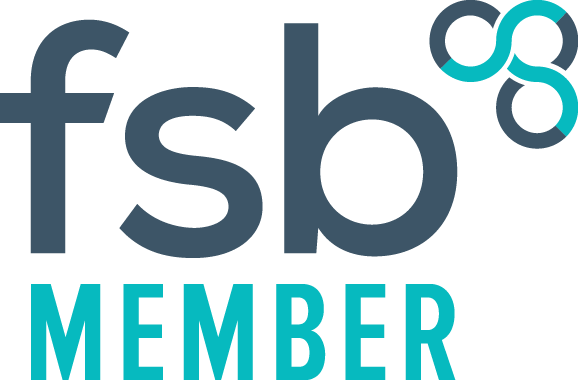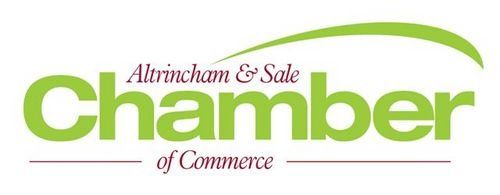How to prepare for the mediation
How to suggest mediation without looking weak to the other side
How to suggest mediation without looking weak to the other side
Prepare Your Client
Your client needs to understand:
- what will happen on the day of the mediation,
- the roles of the people involved,
- the discussions that are likely to take place.
- what they want to achieve on the day
Refer your client to our section on the website here – it will give them a very good idea what happens and what to expect.
Also, your client needs to know the cost of the dispute so far – both financially and emotionally.. When measuring the total cost, bear in mind the wider effects this dispute is having. For instance:
- Make a quick calculation of the managerial (or personal) hours devoted thus far to the dispute by the client, and ask them to start considering where that time and energy could have been invested had it not been consumed with the dispute.
- The cost of this dispute may not just be to the professional life of clients. The dispute may be having an adverse impact on the wider quality of life enjoyed by those involved in it.
- There may also be collateral fallout, affecting friends, family, employees, business partners, and others.
Your client will have to consider the legal costs incurred and to be incurred to understand the financial impact of proceeding to trial. Make sure you are totally transparent about the costs as they are very likely to arise as a topic of conversation on the day. Without this information your client can not assess their impact and effect on their appetite to risk the litigation.
It’s up to you as a professional to decide how deep you wish to delve into these matters at this point, but asking your client to start considering these elements can have a beneficial impact on their expectations and desire for settlement.
When discussing your goals for the mediation day, bear in mind:
- Mediation can be a creative process, and the case can be settled in a creative manner. It is important that your client grasps this concept. Sometimes a monetary value is not what best helps your client.
- The client’s true needs may be different to those filed in the claim. Make sure you have a clear understanding of your clients underlying interests and needs before you enter the mediation room.
- The need to discuss the strengths and also the weaknesses of the case with them and prepare them to discuss these topics with the mediator.
- A well prepared client will increase the likelihood of a good settlement being reached on the day.
- The client has full control over whether or not the matter will settle on the day.
Prepare Your Own Mind
There is one striking characteristic of a mediation that many people don’t realise - boredom.
Understandably there is a lot of waiting to do during a mediation as the mediator effectively acts as a shuttle diplomat moving between the rooms. This means that roughly half of your time will be spent with the mediator out of the room. A mediator will often leave you with something to do and discuss, but make sure that you are prepared – bring your computer and of course any contact details for those with ultimate decision making authority if they cannot be there on the day.
Finally, make sure that you and your client are fully “fuelled” – a mediation can often go late into the night and even into the early hours and so you must be prepared for that.
PRACTICALITIES
Agreement to Mediate
A copy will be sent to the parties in advance of the mediation – it sets out the terms of the mediation, fees, and the timetable. The mediator will ask the parties to sign the Agreement to Mediate on the day.
The Agreement to mediate will be issue and become binding as soon as we have received confirmation form all parties that they wish to go ahead on a particular day with a particular mediator.
Payment
This will be in advance of the mediation. If any party does not pay, the Mediator may not attend, and you may be faced with the other party's costs. Let NWMS know if you are likely to have trouble meting the due date for payment so that we can agree an alternative if possible.
Prepare your client for mediation
Explain the mediation process carefully, and try to alleviate some of the fear of the “unknown”.
Our helpful video may of use here: https://youtu.be/LltXDJU494U
It would be useful for you to
- Explain the benefits, and what will happen if the litigation continues
- Discuss the Mediator – explain he is neutral, but is he your friend? Should your client tell the Mediator everything?
- Go through the Position Statements with your Client and examine your client's attitude towards the case; do they have realistic expectations of the outcome?
- Explain the cases weaknesses as well as strengths.
- Are there are any personal issues of which you should be aware - it is better that you know beforehand rather than you being taken off guard during mediation with a revelation.
- Discuss who is going to attend – make sure that whoever attends has authority to settle.
- Let any accountants, or experts know about the mediation and ask that they be on call in case you should need them.
- On a personal level if your client wishes to bring someone not actually connected to the case with them for support, this person will also need to sign the Agreement to bind them to the confidentiality clauses.
- Explain that the discussions between your Client and the Mediator are confidential – the Mediator will always ask what he can repeat to another party to ensure that you can be as candid as possible.
- Explain that the Mediation itself and what is agreed will be confidential.
- Explain that the Mediation process takes time, and that it is likely that there will be times when a way forward does not appear to be possible, what we call the “black spot” but assure them that the process works and that they need to give it time.
- Try to encourage your Client to think of solutions that a court could not order – for example giving the other side products that are of minimal value to you, but are of great value to the other side.
Position Statements for Mediation
The position statement should:
- Set out how the dispute arose, the factual issues involved, any legal issues and quantum,
- Explain the party’s position, and their view of their opponent’s case
- Act as a road map for the mediation bundle, referring the mediator to key documents, pictures, reports. Include a chronology if appropriate.
- Explain where you are up to in the litigation (if any) and if any settlement offers have been made.
- Detail if an ongoing relationship between the parties is important, could there be business in future?
- Keep it concise – 5 – 10 pages
- Include case law only if truly relevant.
- Paginate the bundle and refer to page numbers in your statement as appropriate.
- Ideally, the parties should exchange statements with the other party prior to the mediation.
Delivery of the bundle to the mediator
Remember, not everyone works in the same way, some mediators prefer to receive the bundle electronically and others in hard copy. CMS will help guide you at all times.
We ask that the bundle be delivered at least a week in advance
of the mediation.
Save time
Save time
Save costs
Save costs
Get a result
Get a result
Remove risk
Remove risk
Meet your expert Mediators
Meet the specialists
Meet your expert Mediators
Want more information?

© 2024
North West Mediation Solutions Limited
Latest news

by Victoria Greenwood
•
04 Mar, 2021
We like to think we will always be around. Unfortunately, our inability to confront our own mortality can have a disastrous effect on those closest to us and our businesses. All businesses need to deal with succession, but farming families are particularly vulnerable to the effects of failing to deal with succession. Why is succession planning so important within farming? One of the main reasons is that children are often involved in working on the family farm and there is this unwritten understanding that one day all of this will be yours. Farming families are also notorious for not having partnership agreements in place, which again can leave the business open to potential disputes over the ownership of the business and its assets. Issues within farming One of the most common disputes that arise in farming families from a lack of succession planning is a proprietary estoppel claim – briefly put this is where: A representation, promise, assurance or other encouragement by the defendant giving rise to an expectation by the claimant that he/she would have a certain proprietary interest. There is reliance by the claimant upon that expectation. Finally, the claimant suffers a detriment in consequence of his/her reasonable reliance on the promise. When can mediation help? During the planning discussions Getting to the actual discussion about succession is often the first hurdle. Farmers are often so busy running the farm that they don’t have time to think about succession planning and for many people having this sort of discussion doesn’t come easy. Family members don’t want to rock the boat – children don’t want to disappoint their parents by admitting they don’t really fancy running the farm. Parents may feel that they are forcing their children into running the farm, but then equally children can be insensitive with their new ideas for the farm, which can often lead to disputes with their elders. Having an open and honest conversation as early as possible – and before a problem arises, is the best course of action. The children may not want to carry on the farm, but by knowing this the parents can plan for their retirement and have something to aim for. Sometimes these discussions will get out of hand. Heated debate may take place and people may get offended and upset. Mediation enables an independent third party to come in and speak with all of those involved. The mediator can: Explore the goals of each family member and what they want to achieve Facilitate conversations between family members so that they understand what others feel and want Enable the family to come up with a way forward together Where no discussions have taken place and litigation ensues Proprietary estoppel cases are fuelled with emotion and often to lead to lengthy, bitter and very expensive litigation. Whist there are practical steps you can take to avoid claims such as avoiding making promises and succession planning, this isn’t always the case. If faced with a claim for proprietary estoppel the parties should consider the use of mediation over litigation as the advantages of using mediation include: Confidentiality – farming communities are small, and these cases are ripe for local gossip and media attention. Cost – a mediation costs between £1500 - £3000 per party vs legal costs of around £100,000 if it went to trial. Speed – the mediation can be arranged within a few weeks and dealt with in one day - in comparison to the time it will take to bring the matter to trial (at least a year) and a possible 3 to 5 day hearing. The parties decide on the solution rather than a Judge making a decision (which often suits neither party).

by Victoria Greenwood
•
17 Feb, 2021
Despite popular opinion they are not something which should be only considered in later life, or at the onset of an illness but right now to ensure your wishes will be respected should you lose mental capacity, be that temporarily or indefinitely. Lasting Powers enable you, the donor, to appoint someone you know and trust to act in your best interest, when you are unable to do so. Their purpose is to promote your independence. Most attorneys will be appointed family members – children and grandchildren. Families do not always agree on things, and this will be no exception when it comes to making decisions as an appointed attorney. What can cause issues? • Underlying family tensions o The initial appointment of the attorney(s) may have exacerbated tensions between family members, with some questioning why they were only appointed as replacement attorney for example. • Lack of consensus of agreement between attorneys • Lack of agreement between attorney(s) and other family members • Lack of agreement/consultation between attorneys, family members and medical professionals • Lack of inclusion/consultation with the donor What kind of disputes can arise? • Accommodation decisions • Financial management • Property management • Care/treatment decisions • Gifts Family disputes can increase the risk to the donor as the disputes may mean that not all decisions are being made in the donor’s best interests, which can have a negative effect on the donor’s care, health and wellbeing. The Court of Protection and the Mental Capacity Act Code of Practice encourage those involved in an attorney dispute to attempt mediation. The mediator must have regard to the Mental Capacity Act 2005 (“MCA”), and one of the areas where mediation helps rebalance the power between donor and attorney(s) is that any settlement must comply with Section 4 of the MCA: “a decision made for a person who lacks capacity must be made in the best interests of that person” Mediation is ideal when people are not communicating well or not understanding each other‘s point of view. It can improve relationships and stop future disputes, so it is a good option for attorneys as it is in their interest to maintain good relationships in the future. Mediation • ensures issues are addressed in the best interests of the donor • involves the donor and takes into account their wishes and feelings • supports the donor in making decisions • enables parties to communicate effectively and understand each other’s points of view • likely cheaper than going to the Court of Protection










